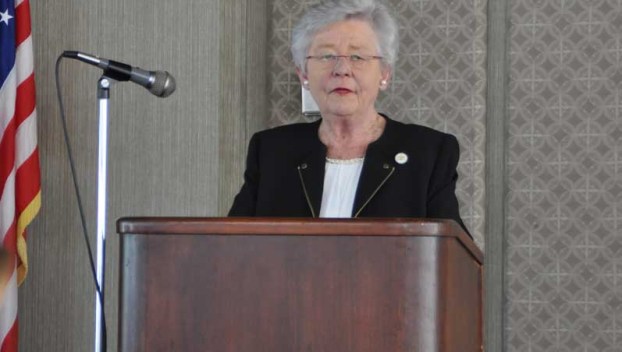
News
Governor Ivey orders review of execution protocol
Alabama Gov. Kay Ivey said she wants to give the state more time to carry out an execution ... Read more

Alabama Gov. Kay Ivey said she wants to give the state more time to carry out an execution ... Read more
MONTGOMERY — Alabama’s moratorium on executions appears to support data indicating lethal injection as the most botched form ... Read more